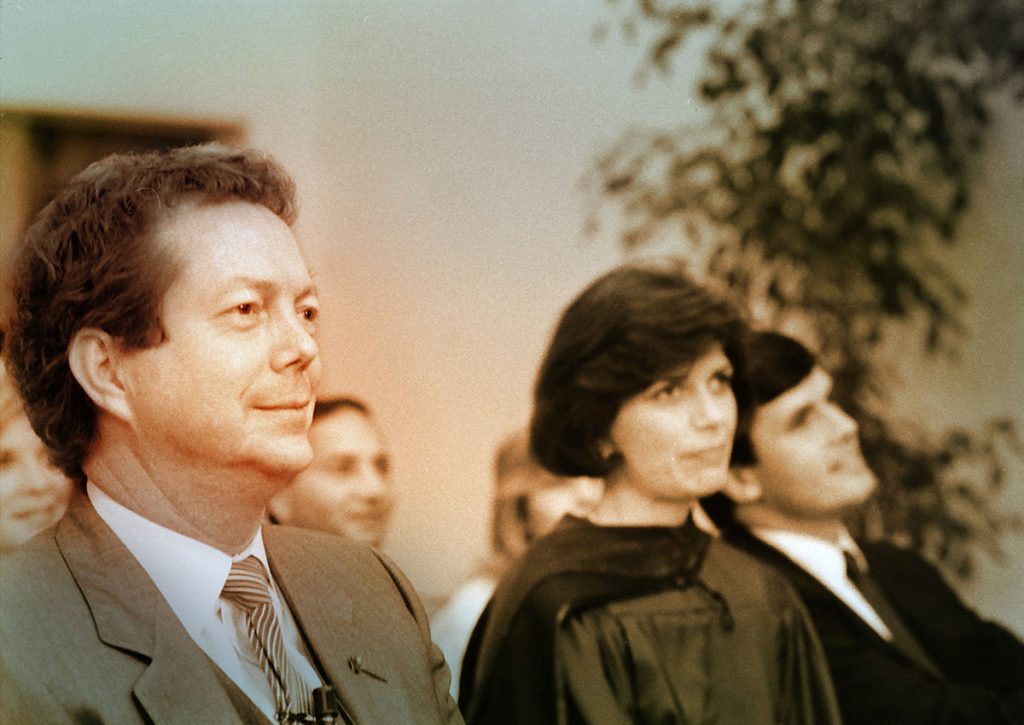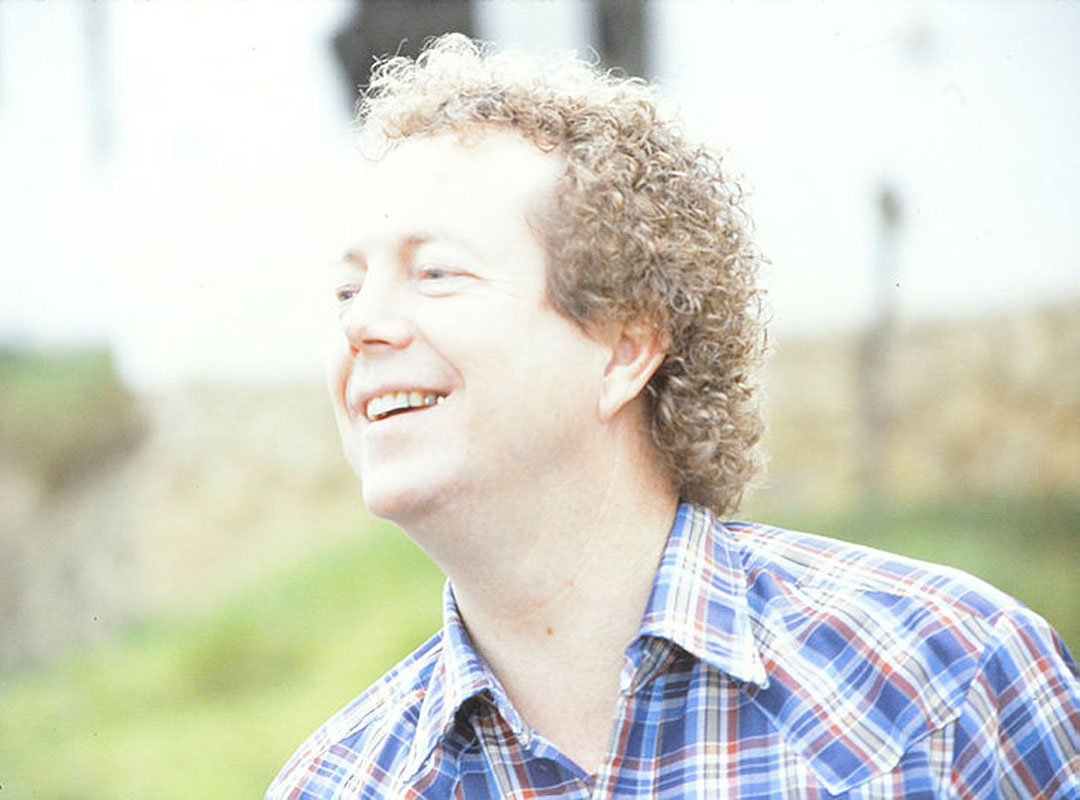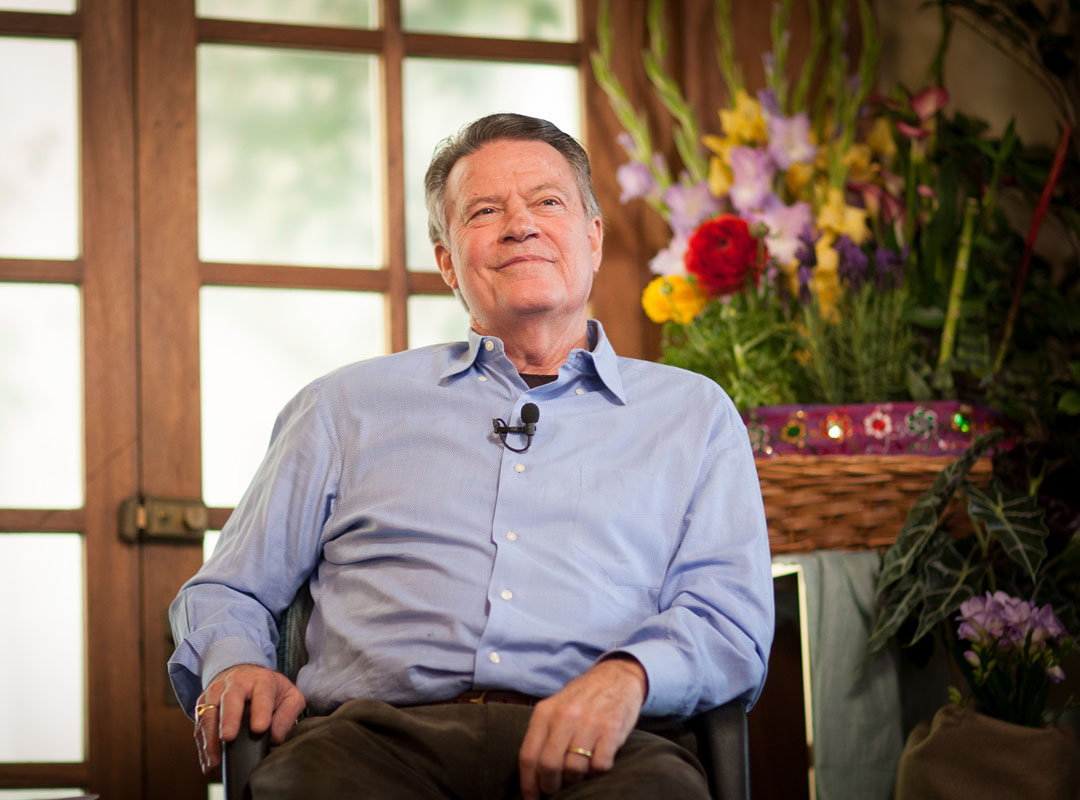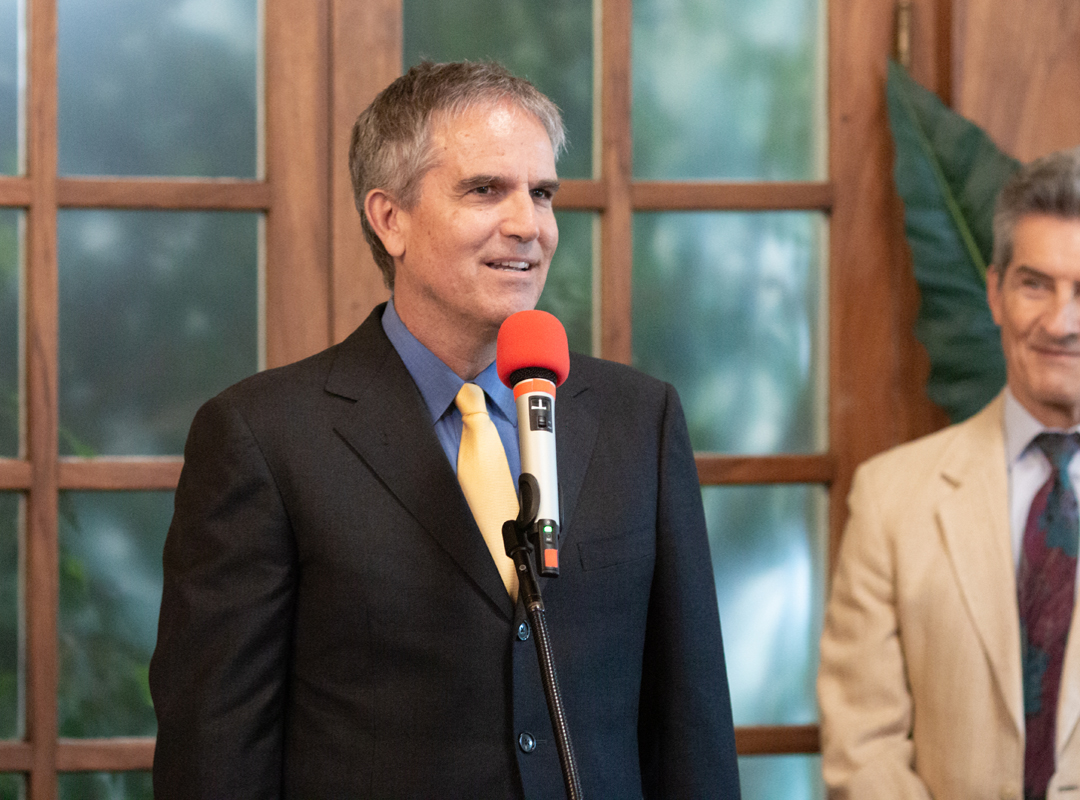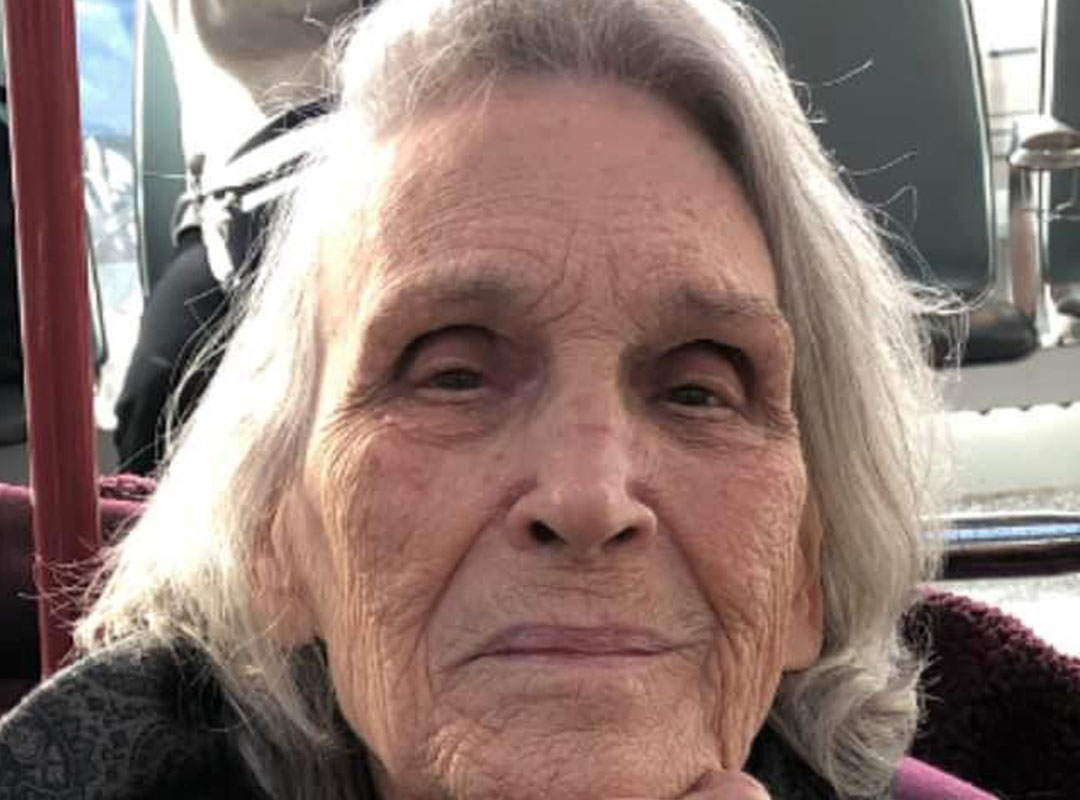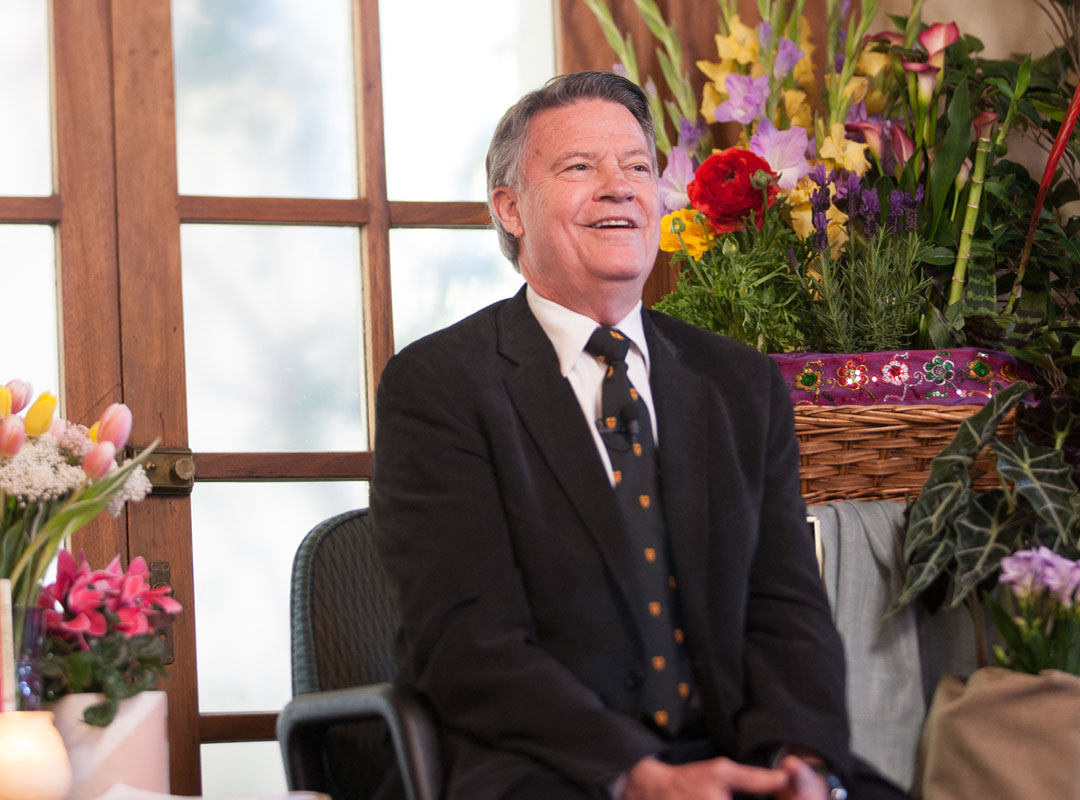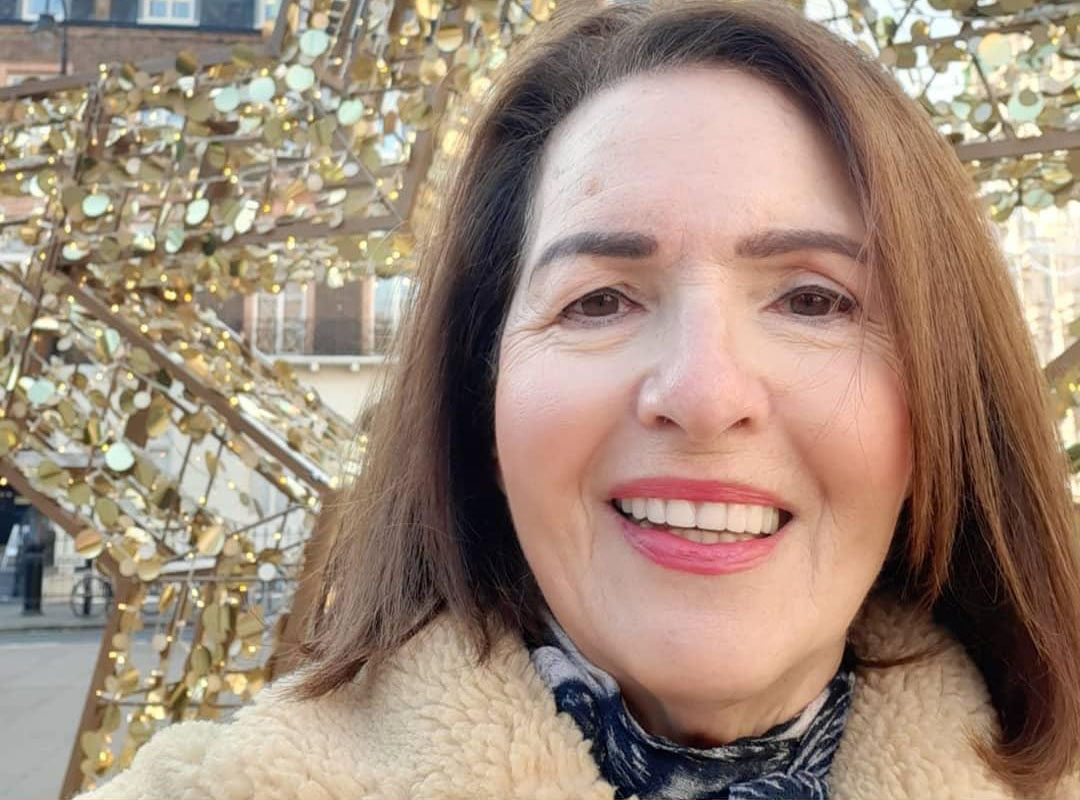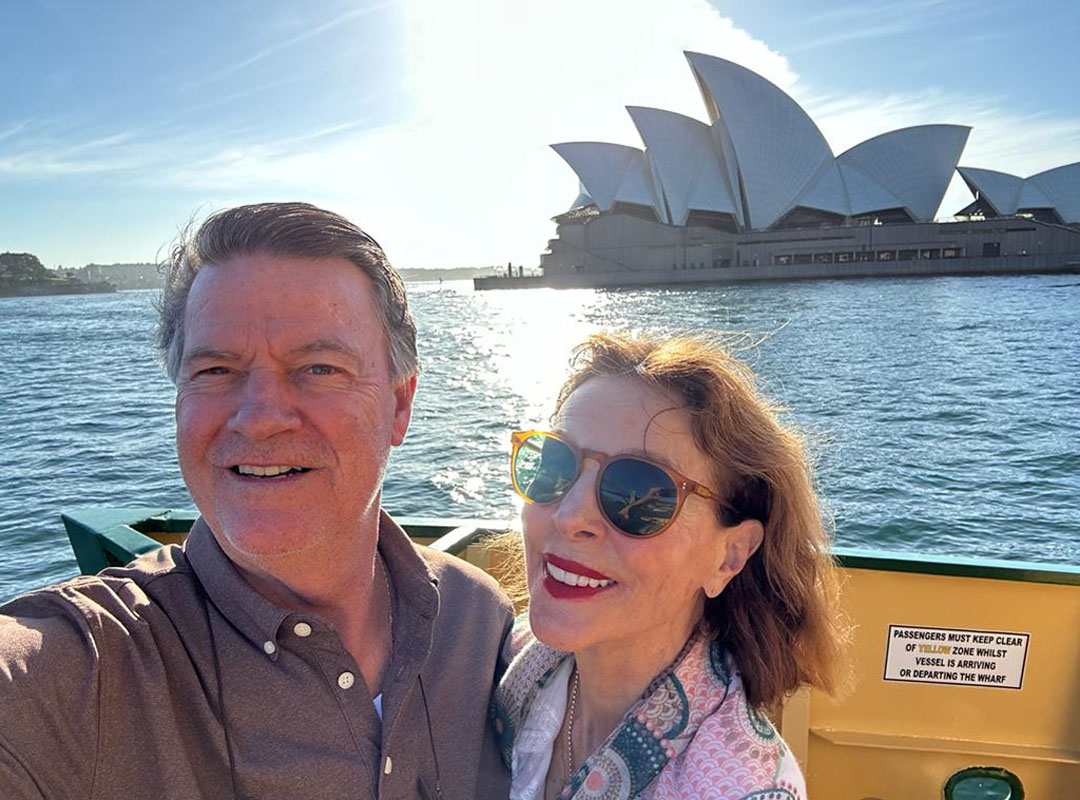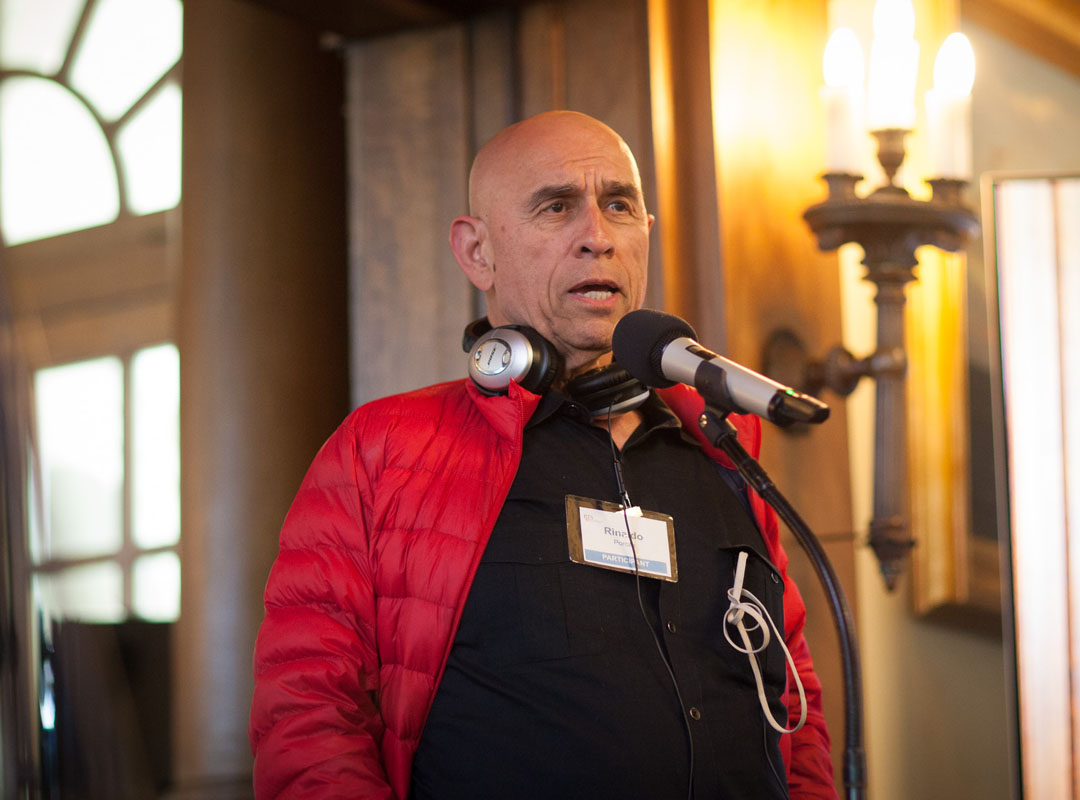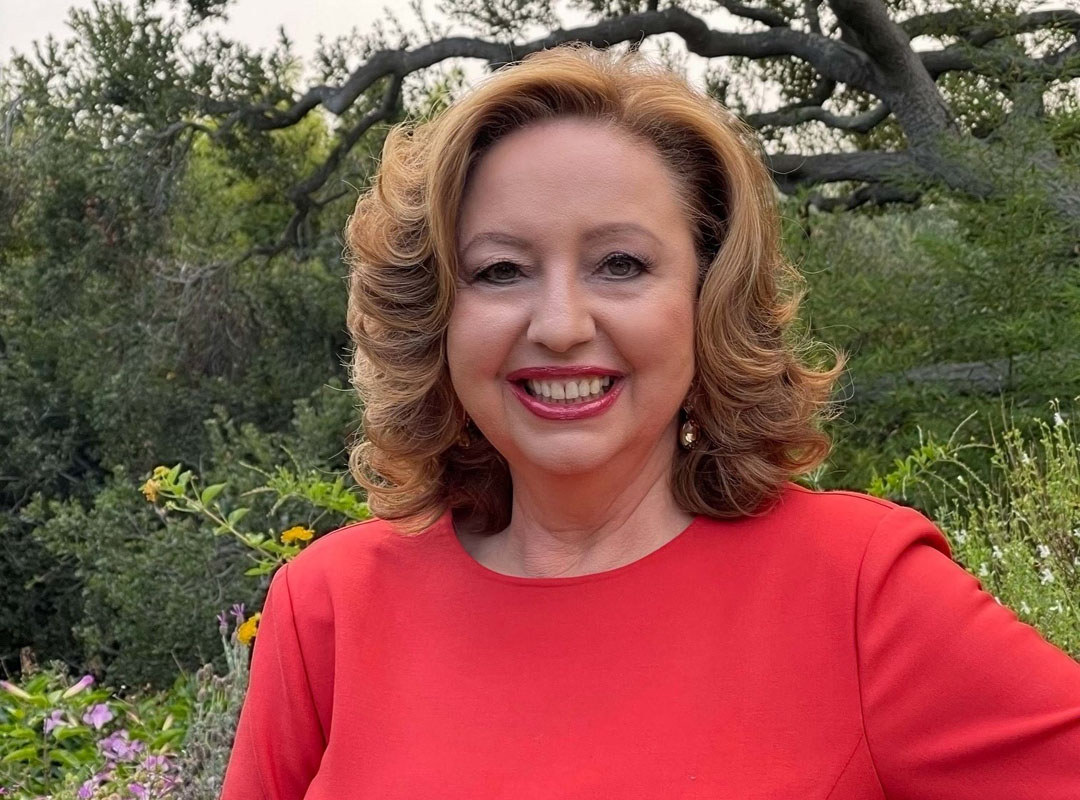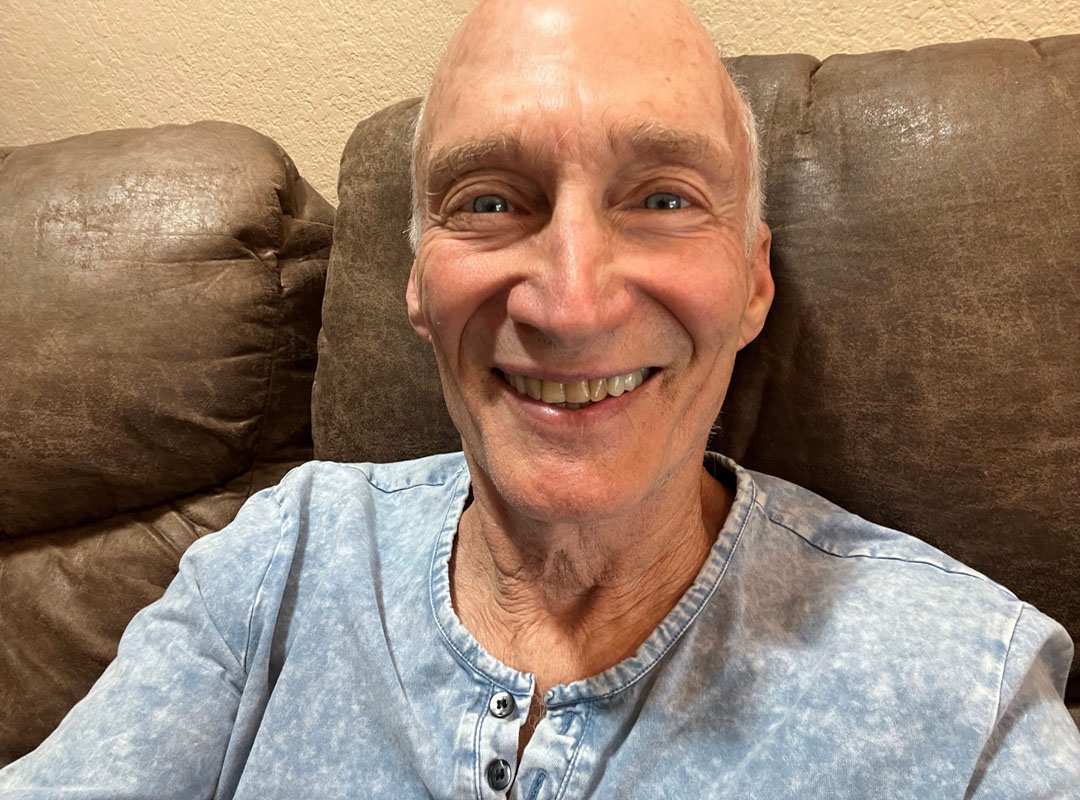Loving Right Now
by John-Roger, DSS
Let’s take a hard look at our love pattern, and the area of responsibility in interpersonal relationships. Someone once said to me, “You talk about this divine love, this divine Light. Well, what are you doing with it? Why don’t you take it and direct it towards somebody and share it with them?” They weren’t talking about the personal love, because often we let that get in the way. They were talking about the divine love.
What if we take the Light, the Holy Spirit, and look at a person objectively and say, “What are this person’s needs and wants? What do they really need?” Sometimes a mother looks at her son who is driving the car at sixteen or seventeen, and when he comes in, she asks, “Where you been?” He says, “Out.” Or she says, “Where are you going tonight?” He says, “Out.” “Who are you going with?” “My friends.” “Where?” “Just around.” This is great communication, isn’t it?
Maybe if the process of interrogation isn’t so intensified, you can share something with people in your family at a time when they’re not going somewhere. I’m not talking about, “How are you doing? How’s the school coming? How’s your homework coming? How’s the job coming?” All of that is interrogation. It’s continual questioning, and you start getting very trite, concise answers that put you off. As they say, “It gets my old lady—or my old man—off my back.”
We might look at the relationship a little differently, and start to find out what they are interested in and what they are doing. What does a fourteen-year-old girl start looking forward to at fourteen? What does a seven-year-old boy start looking at, at that age? We don’t look at what we think they should be doing—that’s the suffocating love. The kind of love that I’m talking about is a love where we look, and watch, and communicate.
We sometimes forget that the five-year-old is now twelve. We had better start treating them like twelve. And when the twelve-year-old is now fourteen or fifteen years old, we’d better start treating them like they’re fourteen or fifteen years old, or they’re going to go someplace else. This isn’t casting rocks or stones. This is just a statement that we must look.
Probably right around the age of ten and younger, children need a mother and father. But after that, they could use an older friend. If you’ve been training them and preparing them for the lessons of life, an older friend can instill in them the confidence that they need in order to take those lessons and use them. But too often, father and mother act as the fearful God who will step in a little too hard. You might say, “Well, what do we do about it? I’ve done this for the last twenty years with all my children. What do I do now?” One thing you can do is close the doors on the past, because the past is gone, and you can’t do a thing about it. You can start living right now.
You’ve heard the phrase in the movies, “I’m going to make it up to you starting right now.” You don’t have to make it up to them because that’s an impossibility. But live right now to your highest capability and let that capability be an inspiration. I have a lot of people in seminars say, “Oh John-Roger, I go out and just tell everybody about the Light and how wonderful and great you are.” And I say, “Don’t do that.” They say, “Well, what am I supposed to do?” I say, “Don’t tell them anything. Go out and live the Light. Let your actions and your love speak the words for you because it will say more than your adjectives can ever say.”
When we don’t enter into relationships with this openness and responsibility, we reap the harvest. We see it in our country when different groups—black, white, Asian, Mexican, Native American—stand up and start saying, “What about me? What do I really need, what do I really want?” Every person is “me,” and I am every person. If I neglect myself, I neglect everyone. And if I come into balance with myself, I come into balance with everyone with whom I come into any type of contact. And after that they should say, “Thanks for just doing one little thing.” It might be, “Thank you for irritating me enough that I looked, and from that look I had the wit to step in and balance the action.”
Some people can’t stand to hear this. They can’t take it. And there’s the old expression, “The things that we don’t understand, we fear. And the things we fear we hate.” Whenever we find hate has an entrance into us, there’s something in us that needs an awakening. We’ve got to wake up and see who’s at the door. We have to see what our true self is letting through, and how we’re perceiving the environment.
This love that we’re expressing in the human form is a very transient type of love. The sexual level will last a year. If you say, “I love to look at you,” that’s a physical love, and that can probably last two or three years, or until one person goes out of balance physically. A lot of the emotional love is, “We’re married for the children’s sake. Let’s make the most out of it until they’re old enough to go.” Then there is the love where we love to talk to people, and this type of love relationship can last a lifetime. Coupled with the physical, emotional and sexual, we have a beautiful marriage. But when the Holy Spirit comes in, and we rise to these occasions of sharing and knowing and gathering, then you can sit in the room with your loved one and they might not say a word. One may be busy reading a paper and the other one’s knitting, and yet there’s this contentment within you. Or it could be while one’s in the restroom and the other is busy cooking, there’s that love in there no matter what they’re doing. And they get a little hassled, but then this love comes creeping through and it balances the action. That’s the Spirit. That’s the Light of our consciousness opening and unfolding towards each other.
As we unfold towards each other, we unfold towards the Supreme Light. You must love your neighbors as yourself. When you’ve done this, you’ve loved the God source within them. And if you can love your own God source and your neighbor’s God source, then you are indeed walking in the high Light of the Holy Spirit. If you can’t, and you’ve got your emotions in there, then you’re working with what we call the negative forces of light. Those are the force fields that try to keep us held down on the planet. So it’s very easy to talk about our neighbors, to judge, to condemn, to criticize, to find fault, and to enter into what is referred to as the seven deadly sins: lust, greed, avarice, jealousy, and all the rest. They don’t have a place in your life when you’re walking towards another person as another creator who you respect and love. And when we come into those close, intimate, conjugal relationships with them, we are sharing the highest part that we can share. It’s the exchanging of spiritual energy and the opening of the physic centers into our God source within, into the true self.
People will see somebody and they’ll say, “I love that person. I don’t know why, but I love them.” They see something there that no one else can see. You say, “What can you see in that person? They’re ugly.” They say, “Oh you’re looking at the physical. I’ve never seen the physical.” They’re not the handsomest one physically, but there’s some beauty there. They sometimes explain it by saying, “They’re tender,” or, “They care.” There’s something that’s relating to this person in the Light, and the Light of this person’s consciousness pulls them into a balance.
So when you’re with someone you love, you might just question yourself: Do I love you because I love you, or do I love you because of the way you love me?
Baruch Bashan.







